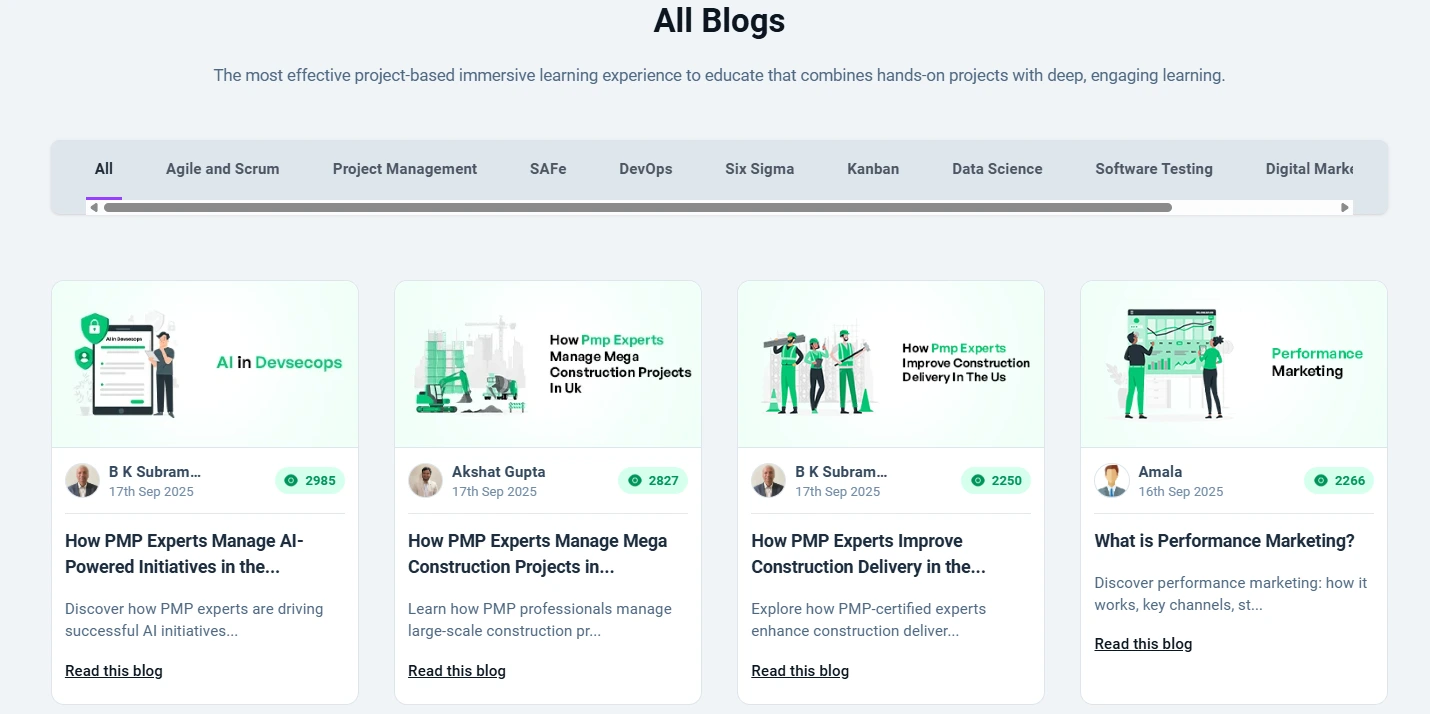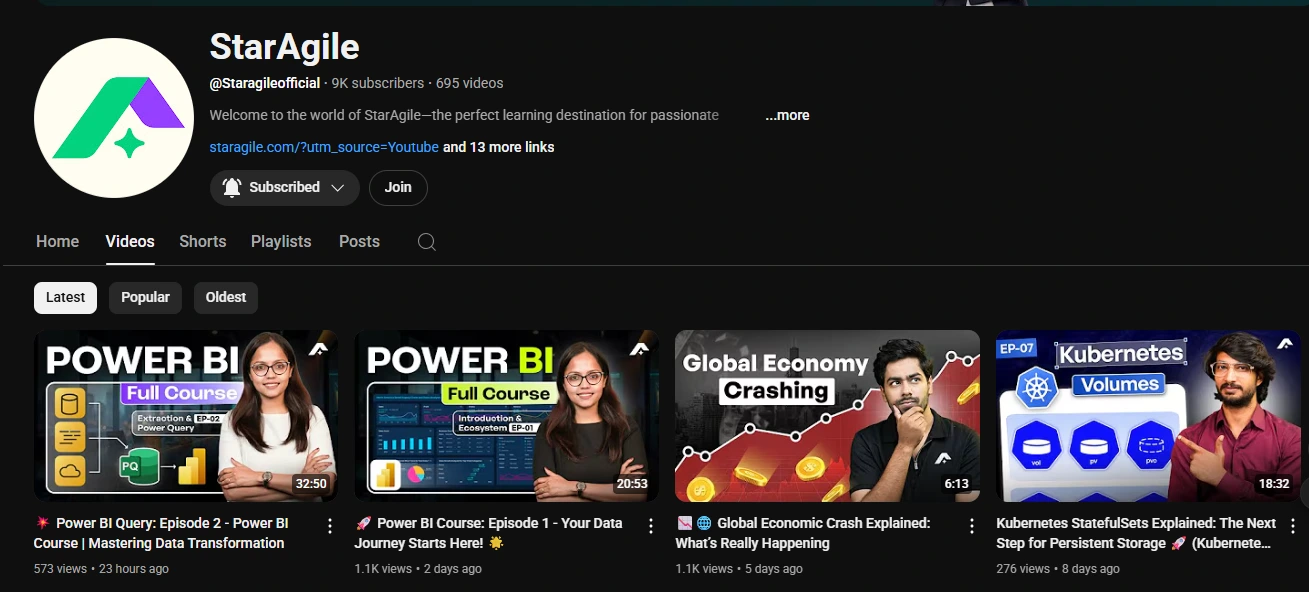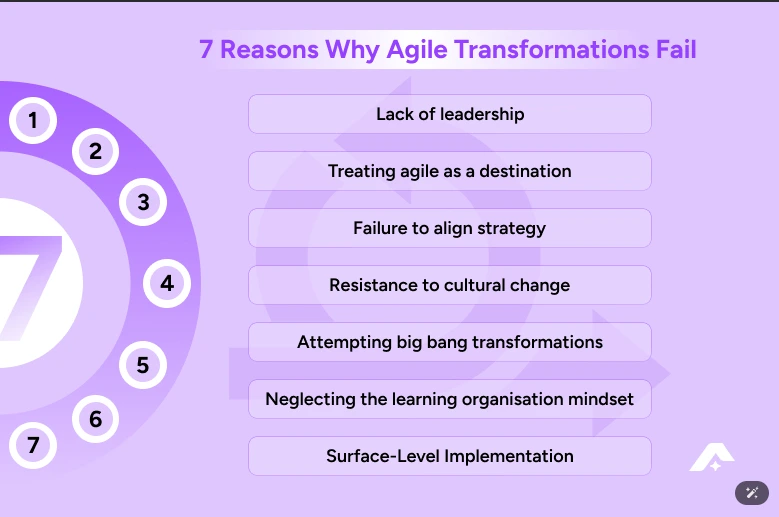The marketing world has completely transformed. We've moved from traditional billboards to sophisticated digital strategies that reach customers everywhere online. Today's marketers face a crucial question: Digital Marketing vs Content Marketing—which approach delivers better results?
This isn't just theoretical—it's a practical decision affecting your business bottom line. The global digital marketing market is expected to grow to $1,443.27 billion by 2034 with a CAGR of 9.20%. With 72.7% of marketing budgets now going to digital channels, understanding these approaches is essential.
The evolution from traditional to modern marketing has been lightning-fast. Digital ad spending increased year over year as companies continue shifting budgets online. This creates unique challenges: how do you balance immediate promotional efforts with long-term relationship building?
As marketing expert Seth Godin explains: "Marketing is no longer about the stuff that you make, but about the stories you tell." This captures today's reality—it's about creating meaningful connections through valuable content.
What is Digital Marketing?
Digital marketing encompasses all marketing efforts using electronic devices and the internet. It's how businesses connect with potential customers through digital channels to promote products or services.
Think of digital marketing as traditional advertising with superpowers. Instead of hoping your TV ad reaches the right people, digital marketing lets you target specific audiences, track real-time results, and adjust strategies instantly.
Key channels include: search engines (Google, Bing), social media platforms (Facebook, Instagram, TikTok), email systems, websites, mobile apps, and display advertising networks. The technology backbone includes analytics tools, CRM systems, marketing automation, and AI optimization tools.
Types of Digital Marketing
Digital marketing isn't a single strategy but rather a collection of specialized channels and tactics, each with unique strengths and applications. Understanding these different types helps you build a comprehensive approach that reaches customers at various touchpoints throughout their buying journey.
1. SEO (Search Engine Optimization)
SEO optimizes websites to rank higher in search results. Organic search influences about 53% of all website traffic, making it the biggest traffic source. The SEO industry is valued at ~$1,443.27 billion by 2034.
2. SMM (Social Media Marketing)
Over 91% of businesses use social media for marketing. Social media has an annualized growth rate of 4.1%, attracting an average of 6.5 new users every second, with 93% of businesses active on Facebook and 86% using Facebook advertising.
3. PPC (Pay-Per-Click Advertising)
PPC allows businesses to pay during someone clicks their ads. For every $1 spent for Google Ads, brands average $2 return. Small businesses typically spend $9,000-$10,000 monthly for Google Ads.
4. Email Marketing
Email marketing manages business to generates an average return of $36 for every dollar spent, delivering a 3600% ROI. The average email open rate across all industries is 32.55% as of August 2024, with conversion rates varying significantly by industry.
What is Content Marketing?
Content marketing strategically creates and distributes valuable, relevant content to attract and retain audiences. Instead of directly promoting products, it provides useful information to solve customer problems. Moreover, it is a part of digital marketing.
Think of content marketing as being the helpful friend with great advice. You're building trust through consistent value, not selling in every conversation.
Core principles include: value first, audience-centric focus, consistency, and quality over quantity. Only 29% of marketers whose organizations have a documented content strategy say it's extremely or very effective.
Neil Patel emphasizes: "Content marketing remains one of the best ways to educate your audience and build genuine connections that result in conversions."
Types of Content Marketing
Content marketing encompasses various formats, each serving different purposes in your customer journey. From building awareness to driving conversions, choosing the right content type for your audience and goals is essential for maximizing engagement and results.
1. Blogging
Blogging remains essential—79% of marketers actively run a blog, with companies that blog receiving 55% more website visitors. Companies with blogs see 55% more website visitors, and 79% of marketers actively run blogs.

2. Videos
Video dominates content marketing. 91% of businesses are used video marketing in 2024, with 21% of marketers saying short-form video delivers the best ROI, with 21% of marketers saying short-form video delivers the best ROI in 2026.

3. Infographics
Visual content significantly improves engagement. Infographics are 30 times more likely to be read than written articles. Content with relevant images are getting 94% more views.

4. E-books and Guides
Long-form content establishes thought leadership. Blog posts with 2000+ words typically rank higher, providing more comprehensive value than shorter content.
Digital Marketing vs Content Marketing: Top 4 Differences
The difference between content marketing and digital marketing centers on four key aspects:
Aspect | Digital Marketing | Content Marketing |
Scale | Broad, multi-channel approach | Focused content creation |
Timeframe | Immediate results possible | Long-term strategy |
Strategy | Campaign-driven goals | Relationship-building |
Goals | Direct conversions/sales | Brand awareness/trust |
Scale: Digital marketing operates at the macro-level across all online activities. Content marketing focuses specifically on valuable content creation.
Timeframe: Digital campaigns show results in hours/days. Content marketing requires 3-6 months for a significant impact.
Strategy: Digital marketing follows campaign-based approaches. Content marketing is marathon-style, requiring consistent ongoing efforts.
Goals: Digital marketing emphasizes immediate metrics like clicks and conversions. Content marketing prioritizes engagement and long-term relationships.
Pros and Cons
Understanding the advantages and disadvantages of each approach helps you make informed decisions about your marketing strategy. Here's an honest breakdown of what you can expect from both digital marketing and content marketing approaches.
Digital Marketing
Pros: Immediate results, precise targeting, measurable ROI, scalable campaigns, multiple touchpoints. Cons: High competition costs, constantly changing platforms, ongoing investment required, ad fatigue, and technical complexity.
Content Marketing
Pros: 62% less expensive than traditional methods, builds long-term authority, improves SEO, generates evergreen assets, and results in higher engagement. Cons: Slow results (3-6 months), requires consistent effort, demands high quality, resource-intensive, and difficult to measure direct impact.
49% of B2B marketers say content marketing is their most effective channel for driving revenue, with 58% reporting increased sales in 2023
As Rebecca Lieb explains: "Content is the atomic particle of all digital marketing," highlighting how content forms the foundation of digital efforts.
Is Content Marketing a Part of Digital Marketing?
Absolutely! Content Marketing isn't just part of digital marketing—it's often the foundation enabling other efforts.
Every digital channel requires content:
SEO needs blog posts, social media requires engaging posts, email marketing depends on compelling copy, and PPC campaigns need effective ad copy and landing pages.
Research shows 58% of marketers consider "original written content" the most important content type, surpassing visuals and videos. Only 29% of organizations with documented content strategies consider them extremely effective, highlighting the need for better integration.
Neil Patel emphasizes: "Create content that teaches. You can't give up. You need to be consistently awesome."
The difference between content marketing and digital marketing lies in focus and scope, but they work best when integrated together.
Skills Required for Success in Digital and Content Marketing
The marketing landscape demands different skill sets depending on your chosen focus area. Whether you lean toward digital marketing or content marketing, developing the right capabilities will significantly impact your career growth and campaign effectiveness.
Digital Marketer Skills
Technical: Analytics interpretation, marketing automation, CRM management, A/B testing, paid advertising platforms. Strategic: Campaign planning, budget management, multi-channel integration, and ROI calculation.
Digital marketing jobs are set to increase by 6% by 2032—higher than the average job growth rate, with marketing job demand increasing by 10% by 2026
Content Marketer Skills
Creative: Writing/storytelling, visual design, video production, brand voice development. Strategic: Content strategy, editorial calendars, SEO optimization, audience research.
48% of content marketers prioritize learning new technologies as their top 2024 goal. Writing (29%), analytics (25%), and video (18%) are the top skills for senior content marketers.
Consider a comprehensive Digital Marketing Course covering both digital fundamentals and content strategies.
Which Should You Choose?
The truth is, you shouldn't choose between Digital Marketing vs Content Marketing—successful businesses integrate both approaches.
1. Prioritize Digital Marketing when:
If you need immediate results, have clearly defined audiences, a budget allows sustained advertising, you're in competitive markets, or have specific conversion deadlines.
2. Prioritize Content Marketing when:
If you are building new brands needing authority, audiences require education, you want reduced long-term advertising costs, you're in complex B2B spaces, or have time for long-term relationship building.
Most successful strategies combine both: content marketing builds a foundation and trust, while digital marketing amplifies reach and drives immediate actions.
Case Studies: Real Success Stories
Leading brands achieve breakthrough results by integrating digital marketing with compelling content. Here are three verified success stories with authentic metrics and sources.
Spotify Wrapped 2024: Content Marketing Mastery
Campaign: Spotify's 10th annual Wrapped campaign celebrated personalized user listening data across 184 markets in over 53 languages, featuring new elements like "Music Evolution" tracking and AI-generated podcast commentary.
Strategy: Pure content marketing approach focusing on personalized data storytelling, user-generated content, and social sharing.
Results:
Strong user engagement with +10% year-over-year growth across 184 markets and 53 languages
Over 2.2 million social media mentions, with over 2 million users sharing on X (Twitter) alone
Campaign reached users from five distinct generations sharing their experiences
However, 2024 faced challenges: Sentiment dropped to 41.2% positive (from 50.5% previously) and 9.7% negative (from 8.3%), with users calling the AI-heavy approach "underwhelming".
Key Takeaway: Even successful content marketing campaigns must balance innovation with user expectations. Personalized data storytelling drives massive engagement, but authenticity remains crucial.
McDonald's Global Digital Integration 2024-2026
Campaign: "Accelerating the Arches" growth strategy with refreshed brand purpose and digitally-driven customer engagement.
Integrated Approach: Combined traditional brand strength with modern digital channels.
Digital Marketing Components:
Social media engagement on Instagram, Twitter, and TikTok with interactive content
SEO strategy targeting local searches like "McDonald's near me"
Content Marketing Elements:
Culturally relevant storytelling campaigns
Regional menu adaptations with local storytelling (like McAloo Tikki in India)
Memorable brand experiences through campaigns like Happy Meal promotions and Ronald McDonald House Charities
Results:
Brand value of $154.9 billion with global revenue of $19.21 billion, maintaining market leadership through 2024-2026
69 million customers served daily across 37,855 outlets in 100+ countries
Average customer spend of $7+ per meal with strong customer loyalty
Key Takeaway: Global brands succeed by maintaining consistent core messaging while adapting content and digital strategies to local markets and cultures.
Smartling: Content Marketing ROI Masterclass
Challenge: Translation platform needed consistent content after losing an in-house writer. Previous agencies underdelivered.
Strategy: Product-led SEO focusing on high-intent, low-volume keywords instead of competing for consumer terms.
Results (2022-2024):
118% organic traffic boost
31,250% blog conversion increase
$3.7M pipeline generated
12.8X ROI on investment
72% more opportunities from organic traffic
"Their expertise, organization, and proactive approach allowed us to show value and scale up once we were able to prove results." - Katie Festa, Senior Digital Marketing Manager.
Source: Omniscient Digital Case Study
Advanced Tips for Combining Both
- Use Paid Ads to Promote Content: Boost blog posts on social media to drive traffic and shares.
- Retarget Visitors with More Content: Use remarketing to show new content to those who read your old blog.
- Email Automation for Content Sequences: Turn your content into email drips to keep readers engaged.
- SEO + Content Pillars: Write long-form SEO guides and link internally to blogs for maximum authority.
- Video + Email + Landing Pages: Use content across digital channels to build trust and convert.
Final Thoughts
Digital Marketing vs Content Marketing isn't an either/or decision—it's about strategic integration. Content marketing provides the foundation while digital marketing amplifies reach and drives immediate results.
Success requires: content as a foundation, digital amplification, data-driven optimization, and consistent branding. The future belongs to marketers who master both approaches, creating comprehensive strategies that build relationships and drive results.
Remember: the most successful marketers understand that the difference between content marketing and digital marketing lies in their specific roles within a comprehensive marketing ecosystem.










